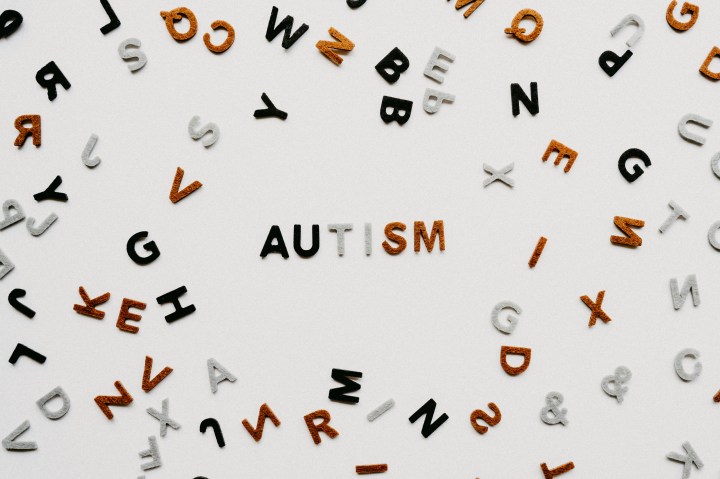
Autism, also known as autism spectrum disorder (ASD), is a lifelong developmental disability which affects how people communicate and interact with the world. More than one in 100 people are on the autism spectrum and there are more than 700,000 autistic adults and children in the UK.
People with autism may experience differences in social interaction and communication. With restricted interests and may have problems with learning. Their skills might develop unevenly, which often have a lifelong impact. Being autistic is not an illness. It means your brain works in a different way from other people. It’s a condition that you’re born with or first appears when you’re very young. Autism is not a medical condition with treatments or a cure. But some people need support to help them with certain things.
Jack Ivens said “I was first diagnosed when I was two years old in 1989. My mum was concerned that I was showing signs of regression (I had started talking early but then unexpectedly stopped and became fixated with just playing with my toy cars and not interacting with anyone. So, my mum took me to a doctor and after being tested, I was diagnosed.” Jack added “Part of the problem feels like there is a stigma attached still to autism and diagnosis and I feel people are still afraid of going to get themselves assessed for a neurodiverse condition and are suffering in silence because of it, greater, positive visibility with autism is key to demystify the condition and provide a more positive outlook.”
Diagnoses is believed to be on the rise and it is estimated that approximately four times as many boys are being diagnosed than girls. It is thought that for every three children with a diagnosis of autism there are another two children who have the condition but have not been given a formal diagnosis.

Doctor Sarah Lister Brook, Clinical Director at the National Autistic Society said “Every autistic child and adult is different, with their own strengths and varying challenges. It’s a good idea for parents to ensure they understand their child’s individual profile of autism, and that the young person or the adult themselves understands their own profile of autism too. Getting a diagnosis can help parents to access developmental guidance and family support, as well as the right education and the right therapeutic support for their child, if needed. Similarly, for adults a diagnosis can help bring clarity to why certain things have been challenging in their lives and enable them to seek the support and the adjustments they might need to have a more fulfilling life.”
Autism is such a wide-ranging condition meaning everybody with the condition is different. Some autistic people need little or no support and others may need that extra help from a parent or carer every day.
Jack explains “Take heart that there is a sea change, there is more understanding and knowledge about autism and other neurodiverse conditions than there has ever been before. Social media especially is a wonderful outlet for incredible information and autistic voices and there’s a real sense of community on certain platforms that I didn’t have growing up. Moreover, Covid-19 and the positive actions towards social justice over the past twelve years has brought to the forefront across many minorities (be it racial, homophobic, transphobic, ableist and so and so forth) the need to raise ones voice is vital in an effort to be heard. Never be settled with no, keep banging the drum and find a platform that works for you.”
Shelley & Michelle xx